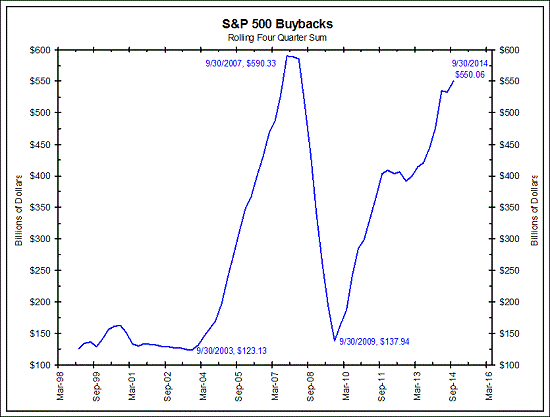Savers and retirees have been mighty disappointed for years to earn no interest on their savings.
Now the US insurance industry is showing damage.
Specifically, the companies that sold long-term care policies, intended to pay the the price of nursing home care for the elderly.
From an AP article published here (emphasis mine)
http://www.10tv.com/content/stories/...lder-care.html
Now the US insurance industry is showing damage.
Specifically, the companies that sold long-term care policies, intended to pay the the price of nursing home care for the elderly.
From an AP article published here (emphasis mine)
http://www.10tv.com/content/stories/...lder-care.html
...Earnings for life insurers slid 11 percent in the most recent quarter, according to Moody's Investors Service, and long-term care was the chief culprit.
"Insurers that sell these products lose money on them," says Vincent Lui, a life-insurance analyst at Morningstar. "So they're raising prices and also trying to get out of the business right and left."
Four of the five largest providers - including Manulife and MetLife - have either scaled back their business or stopped selling new policies, according to Moody's...
...The industry's actuaries also made a bad call on the bond market, betting on much higher interest rates. That misstep proved critical because insurers buy bonds to cushion against future payouts, so years of historically low interest rates have thrown their accounts out of balance. It's yet another reason why insurers keep putting more money aside to cover claims, resulting in big charges and lower profits...
"Insurers that sell these products lose money on them," says Vincent Lui, a life-insurance analyst at Morningstar. "So they're raising prices and also trying to get out of the business right and left."
Four of the five largest providers - including Manulife and MetLife - have either scaled back their business or stopped selling new policies, according to Moody's...
...The industry's actuaries also made a bad call on the bond market, betting on much higher interest rates. That misstep proved critical because insurers buy bonds to cushion against future payouts, so years of historically low interest rates have thrown their accounts out of balance. It's yet another reason why insurers keep putting more money aside to cover claims, resulting in big charges and lower profits...

Comment